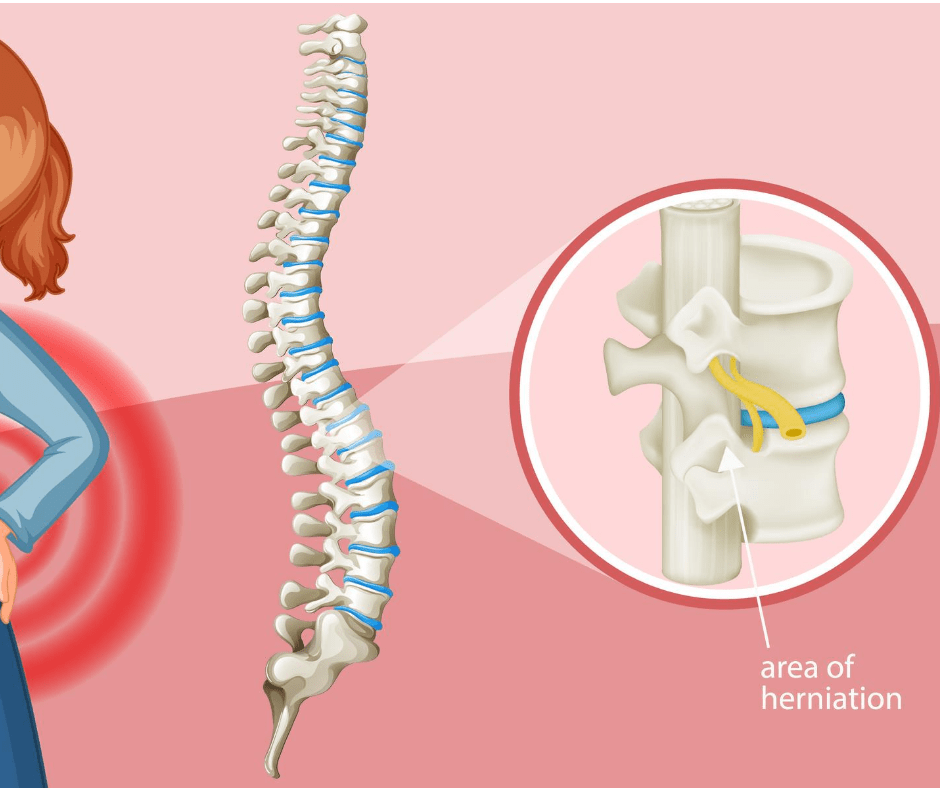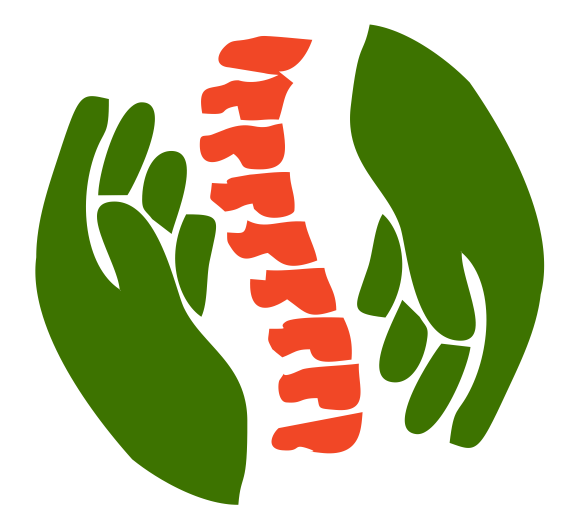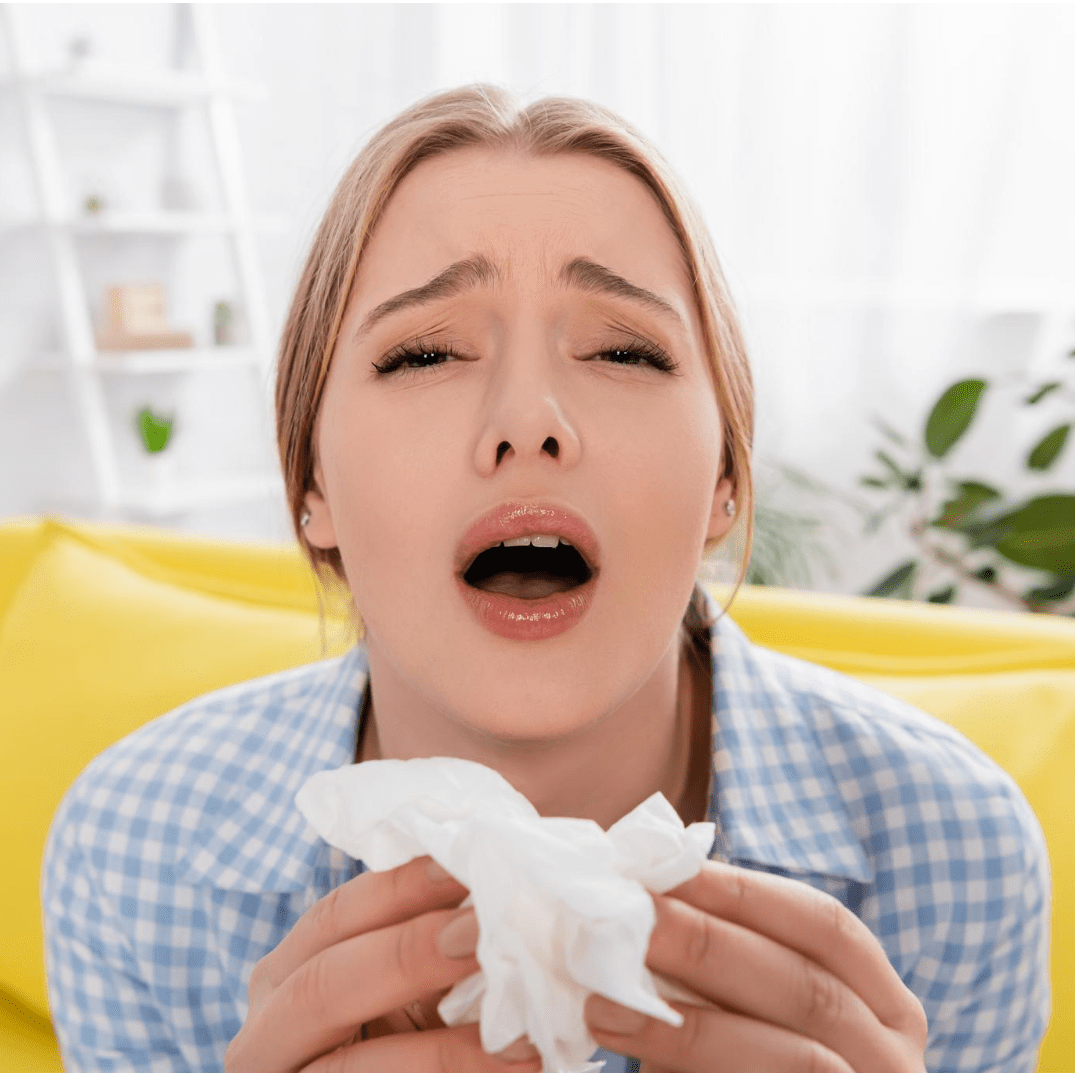How To Deal with Nerves In Lower Back And Hip.

Nerves in lower back and hip are one of the most common conditions that people suffer from. When nerves become compressed, it can cause pain or discomfort. If you want to learn more about what causes nerves in lower back and hip, keep reading this article!
What is a pinched nerve? :
A pinched nerve is a nerve that has been compressed. If this happens, the nerve can’t handle the amount of pressure it receives from surrounding muscles and tendons. This means that the nerves are constantly being squeezed and cannot perform their normal function.
The symptoms of a pinched nerve can range from mild pain to severe pain and paralysis
A pinched nerve can be treated either with surgery or with non-invasive methods such as physical therapy.
Pinched Nerve in the Lower Back and hip:
The lower back is made up of several bones and muscles that help support the body. These bones are joined by tendons, ligaments, and nerves. Nerves connect to the spinal cord where they carry signals from our brain to other parts of our bodies. When these nerves get pinched or injured on their way down to the spine, it can cause pain in your lower back
– The pinched nerve in the lower back is often referred to as a “sciatica.” Sciatic pain can radiate down your buttocks and through your thighs, which may feel like pins and needles or like you’re walking on hot coals.
What causes a pinched nerve in lower back and hip ?
The most common cause of this condition is osteoarthritis, which causes the joints to become stiff and painful.
In some cases, you may have experienced a herniated disc when you were younger and that injury was never treated properly.
Another possible cause of a pinched nerve in the back is degeneration of one or more nerves from spinal stenosis. This occurs as we age, and can be caused by previous injuries or even tumors within your spine.
The symptoms of a pinched nerve in the back?
The most common symptoms include stiffness, numbness, tingling, weakness, and muscle atrophy
The symptoms of a pinched nerve in the back are very similar to those of a torn muscle. These include
Pain in the lower back, hamstring, or calf muscles Tingling and numbness in the legs Weakness or inability to stand without support from another person Reduced ability to move one leg at a time Loss of bladder control (this is rare)
How does a pinched nerve in the back diagnose?
The first step in diagnosing a pinched nerve is to determine the location of your pain. You should try to pinpoint where the pain originates by moving the area that hurts or bending at specific joints
A pinched nerve in the back is one of the most common conditions that chiropractors treat, The key to diagnosing a pinched nerve is finding out where the nerve is being compressed.
To find out if there’s any disc material pressing on the spinal cord and nerves, they may order an X-ray or MRI.
If there are no signs of fractures or other structural problems, then your doctor will order a CT scan to evaluate any bone structures that might be causing pressure on your nerves.
Treatment of pinched nerve:
If you have a pinched nerve in the back, it will cause pain whenever you bend your neck. This is why people with this condition often feel pain when they sit down or get up from a chair.
Medications can be done to help relieve your pain, (OTC) medications like acetaminophen and nonsteroidal anti-inflammatory drugs (NSAIDs)
Physical therapy may be needed to improve the strength of the muscles around the spine surrounding the affected area.
It’s also important to wear comfortable shoes while walking to prevent further damage from occurring.
Other lifestyle changes such as maintaining an active exercise routine could also help manage any symptoms associated with a pinched nerve in the back.
These are some methods how to fix a pinched nerve in lower back and hip.
Baseline treatments :
Baseline treatments for nerves in lower back and hip are to work on improving the strength of muscles, increasing endurance and flexibility, and preventing injuries.
First, you need to make sure that your core is strong enough to support your body weight. If it isn’t, then do some exercises like sit-ups or planks to help strengthen your core.
Next, start doing some running exercises — this will increase muscle endurance and improve joint mobility. Lastly, try a couple of stretching exercises that target the muscles in your lower back and hips.
Higher-level treatments :
To treat lower back and hip pain, a physical therapist may recommend one of the following treatments:
- Heat therapy — Applied heat to muscles can help relieve pain by increasing blood flow in the area.
- Electrical stimulation — Electrical current is sent through electrodes placed directly onto the skin to stimulate nerves and muscles.
- Massage therapy — Massaging certain areas of your body can increase blood flow and reduce muscle tension, which helps ease discomfort after an injury.
A physical therapist will teach you how to use massage techniques during home exercises that you perform at home every day.
Stretches and exercises for a pinched nerve in lower back and hip
The best way to loosen up your muscles is by doing a few simple stretches every day.
You should also perform daily exercises that target your hip and lower back muscles.
The best exercises are those that force you to move at least part of your body in all directions while holding onto something stable like a chair, desk, or tabletop.
Knees to chest Stretches
- The knee to chest stretch is used to treat lower back pain. It should also help relieve pressure on spinal nerves.
- Lie on your back with your knees bent and your feet flat on the floor. This is called the supine position.
- Gently raise one bent knee up enough so you can grasp your lower leg with both hands.
- Gently pull your bent knee or both knees toward your trunk, using your hands.
- Hold for a few seconds Return to the original position Do 10 to 15 repetitions per day or as needed
Mobilizing stretch:
- Lie straight on your back with a flat cushion under your neck
- Bend one knee toward your chest.
- Slowly straighten your leg, and hold for 20 to 30 seconds.
- Return to your starting position.
- Repeat it with your other leg.
Gluteal stretch :
- Sit on a chair. Place your right ankle on your left thigh, just above your knee. Place your hands on your shins.
- Keep your spine straight and lean forward to deepen the stretch.
- Hold for 20–30 seconds.
- Return to the starting position. Repeat this with the other leg.
Piriformis stretch
Lift your affected leg, bend your knee. With your opposite hand, gently pull your knee toward your opposite shoulder. Hold this stretching position for 15 to 30 seconds. Repeat it with your other leg to relieve the strain of nerves in lower back and hip.
Practicing good posture
Good posture involves maintaining the correct body position with all our limbs and joints in the proper place. It also involves making sure that our shoulders are fully supported and there is no slouching in any direction.
As a result of poor posture, you may experience all kinds of health problems like back pain and neck ache. This will ultimately impact the quality of life and we need to know how to fix it. .
You need to practice good posture. you can do it by using ergonomic chairs and backrests.
Good posture is important to keep our bodies healthy.
With proper posture, the spine, neck, and head can be supported with ease. It also helps us to perform better in all our daily activities.
When should I go to the doctor?
There are many factors that determine when you should see the doctor, such as the location of your pain, severity of your pain, and other factors.
If you have pain in both hips: if the pain is severe enough to cause difficulty standing or moving, see a doctor.
If there are no symptoms (such as numbness or tingling in your legs), then if it is accompanied by balance issues (for example, you cannot walk without falling or you move slowly or unsteadily), see a doctor.
If it is mild to severe pain and does not require medical attention, but if it interferes with your ability to do your daily activities (such as work, school, or sports), then see a doctor.
Preventing a pinched nerve:
To prevent pinched nerves you have to maintain a healthy weight and keep your blood pressure in check.
You should also take care of your back by avoiding lifting heavy objects while injured.
Regular exercise.
Strengthening your core muscles,
Avoid injuries.
FAQ
#1. How Long Does a Pinched Nerve Last?
Generally 6 to 10 weeks. is the approximate time Lower Back Pain or a “Pinched Nerve” in the lower back can be healed
#2. Will a pinched nerve heal on its own?
Rare, but possible depending on what caused the injury you are going through.
#3. What is the fastest way to heal a pinched nerve?
There are a variety of ways to relieve the pain of a pinched nerve at home.
- Rest.
- posture improvisation.
- Changing Office in Ergonomic workstation.
- Pain-relieving medications.
- Stretching, yoga. and Exercise
- Physical therapy.
- Massage
Conclusion:
In this article, we will discuss the effects of nerves in lower back and hip on your body and how to treat them. go through it and Get Well Soon.



